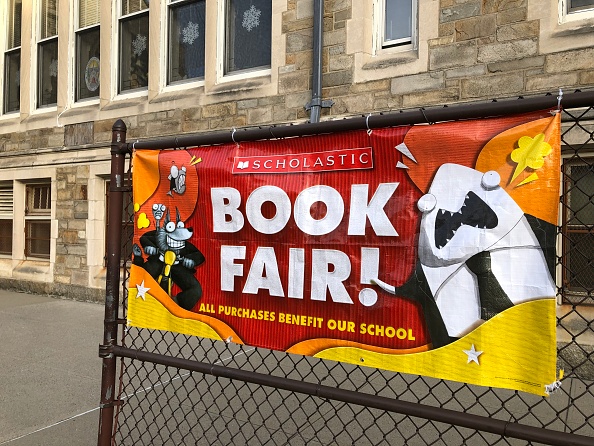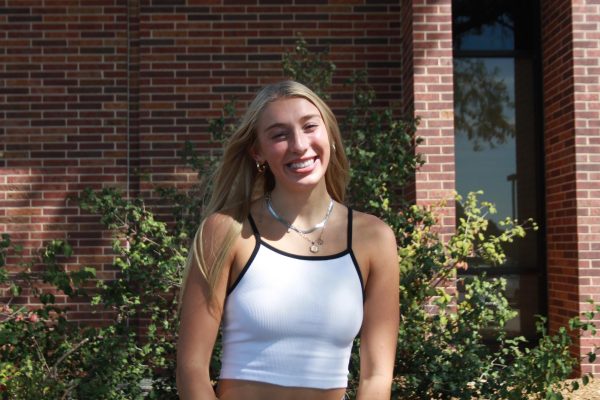Book Fairs have been a staple in children’s literature and elementary schools for as long as anyone can remember. These fairs come to a school once or twice a year, with hopes to engage students in their love of reading, but also to help fund school projects and library events, through the process of purchasing books. For years, Book Fairs have done their best to engage and include everyone, no matter their race, gender, or sexuality. This year especially, book fairs have created a solution that includes everyone.
Scholastic Book Fairs will now have a specific section in their catalog called, “Share every story, celebrate every voice.” With 64 books representing this category, these books will mainly focus on race, gender, and sexuality. Some of the books included will expose children to different family types, such as adoptive families, or same-sex parents. Others are classics, such as “I am Ruby Bridges,” which deals with school integration, and “Because of You, John Lewis,” which emphasizes a story about the civil rights leader’s role in the 1965 Civil Rights March.
These 64 books will not be a requirement in the fairs, as Scholastic has made a list of the books, where the school board, librarians, and teachers can pick which books they want in their book fair. This was brought to the attention of Scholastic through dozens of responses about state laws that restrict what schools can include in their books.
“Here in LPS, we have an “all means all mentality,” Ms. Abby Lott, East’s school librarian said. “This means that we strive to serve regardless of race, gender, sexuality, economic status, physical capabilities, etc. With this in mind, I select books for our community that reflect our community and the world around us.”
Unfortunately, not everyone thinks having these books is a positive to the school curriculum. Some books have been banned, due to their controversial dialogue and topics. Some of these books include “The Handmaid’s Tale,” by Margaret Atwood and “Flamer,” by Mike Curato.
“Many of these ‘banned books’ present great messages of perseverance, hope, and survival that can inspire readers to push when facing adversity,” East High English teacher Sarah Staples-Farmer said. “Moreover, great books are usually written in beautiful and unique ways, and so, they become excellent models of ‘really great writing,’ for students who read them.
As these books provide insight into different views and opinions, many schools could be fined or sued for having these books present. Scholastic has come out with multiple statements saying that even though this isn’t an ideal situation, the other option would be to not have the books overall.
“We don’t pretend that this solution is perfect, but the other option would be to not offer these books at all, which is something we will not consider,” a publisher from the company, Scholastic said.
As book fairs around the country are expected to bring in over 200 million dollars, sales could be affected due to the inclusion or exclusion of this group of books.



